No doubt you tried to use scanf() in the normal way and Visual Studio reported an error instructing you to use scanf_s()? It is not a direct replacement. For all %c, %s and %[ format specifiers you must provide two arguments - the target receiving the input, and the size of target (or strictly the number of elements).
In VS2019 even at /W1 warning level, it issues a clear explanation of the problem in this case:
warning C4473: 'scanf_s' : not enough arguments passed for format string
message : placeholders and their parameters expect 2 variadic arguments, but 1 were provided
message : the missing variadic argument 2 is required by format string '%s'
message : this argument is used as a buffer size
Don't ignore the warnings, and certainly don't disable them globally (/W0).
So in this case:
scanf_s("%s", input, sizeof(input) ) ;
again more strictly:
scanf_s("%s", input, sizeof(input)/sizeof(*input) ) ;
but the latter is really only necessary for wscanf_s (wide characters). In both cases you could use the _countof() macro, but it is Microsoft specific.
scanf_s("%s", input, _countof(input) ) ;
Note also the lack of an & before input. You don't need it for an argument that is already array or pointer. That is true of scanf() too.
Whilst there are arguments for using scanf_s() over scanf() (which is intrinsically more dangerous), it can just make life difficult if you are learning from standard examples or using a different toolchain. The simpler solution is just to disable the warning, and understand that it is unsafe:

